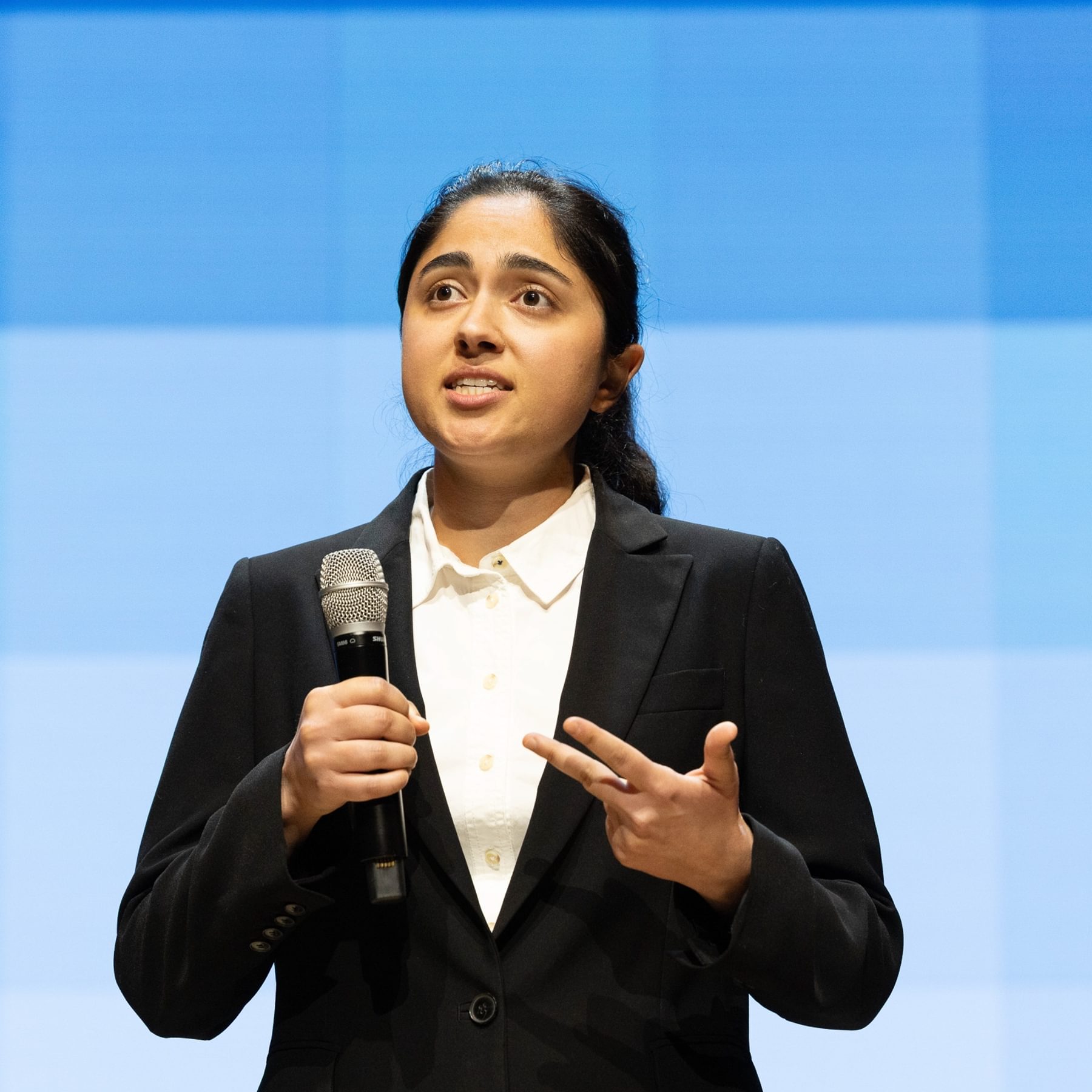The President’s Innovation Challenge celebrates student and alumni innovators from all 13 Harvard schools who are redefining what's possible.

2025
The Harvard Innovation Labs is at the center of a thriving innovation ecosystem at Harvard, in Greater Boston, and around the world.
Explore Our Ecosystem